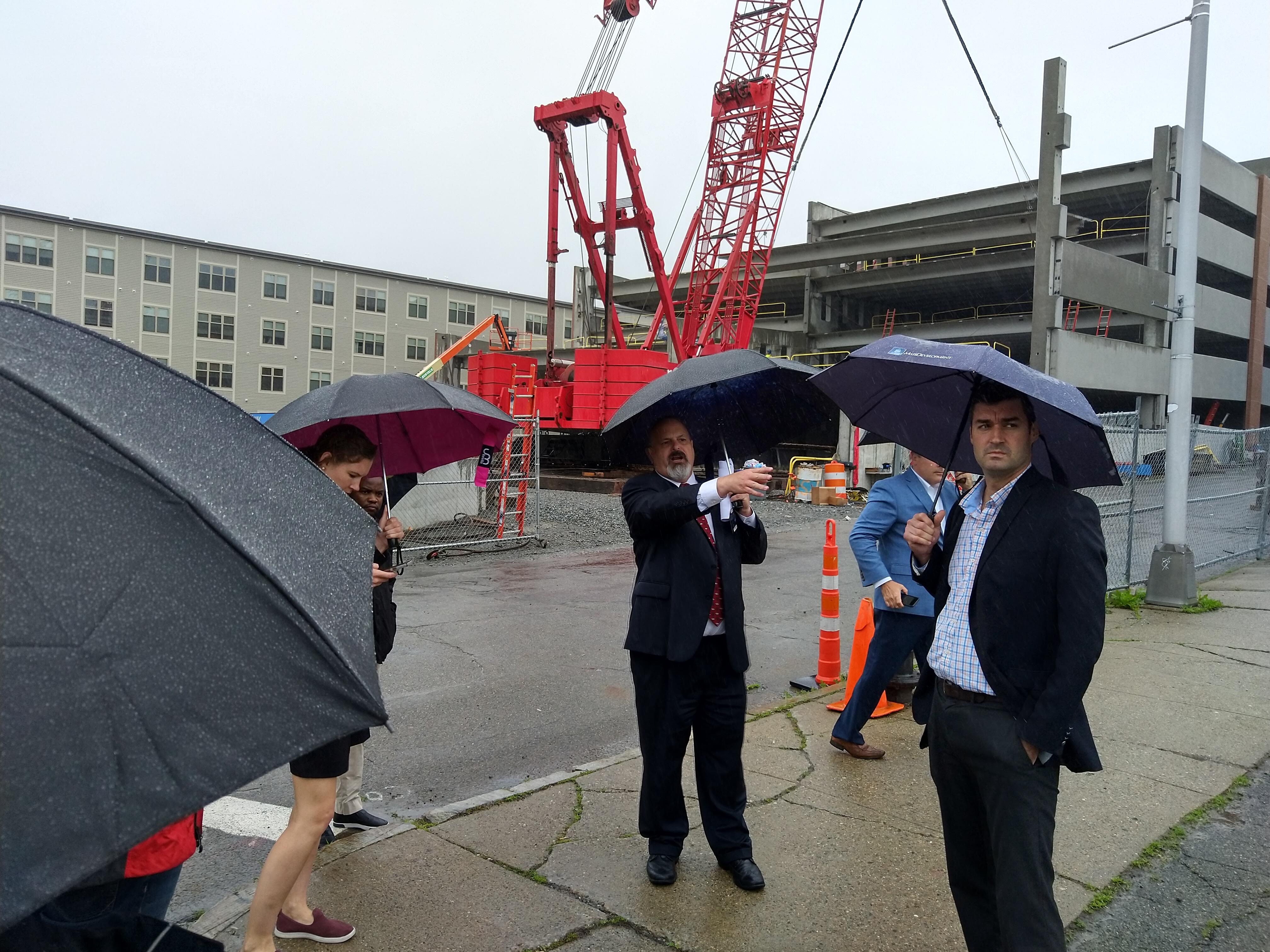
What is smart growth?
Smart growth is an approach to community design that connects housing, transportation, and land use to create healthy, prosperous, and resilient neighborhoods.

About us
Smart Growth America cultivates vibrant, sustainable communities with diverse living and transportation options, enhancing quality of life for all.

Our work
Smart Growth America cultivates vibrant, sustainable communities with diverse living and transportation options, enhancing quality of life for all.
Explore Our Signature Reports

Impact
Smart Growth America cultivates vibrant, sustainable communities with diverse living and transportation options, enhancing quality of life for all.

Events
Throughout the year, we host a number of in-person and virtual events covering topics related to public health, social equity, and climate resilience.

Knowledge hub
We offer a library of case studies, videos, and reports to support policymakers, practitioners, and advocates interested in advancing smart growth.
Explore our signature reports


News
By Connor Ring, July 8, 2019
 Gateway Cities.” May and Durante laid out a strong case for Brockton; with three commuter rail stations, a 35-minute commute to Boston’s South Station, and a dense, walkable downtown showcasing historic architecture, the city is primed for more development as the cost of housing and commercial space in Boston increases.
Gateway Cities.” May and Durante laid out a strong case for Brockton; with three commuter rail stations, a 35-minute commute to Boston’s South Station, and a dense, walkable downtown showcasing historic architecture, the city is primed for more development as the cost of housing and commercial space in Boston increases.
Recent developments, like Trinity Financial’s Enterprise Center, have relied on a “seven layer dip” of local, state, and federal subsidies to make the numbers work. According to a recent report on the development potential of Gateway Cities by MassINC, demand around commuter rail stations in these areas has not yet reached a tipping point: “Currently, real estate economics do not reflect demand for Gateway City TOD: station area rents are simply too low to support substantial rehab or ground-up new development. However, this could change markedly as the innovation economy continues to expand.”
The report concludes that TOD in these areas would have significant environmental and fiscal benefits, and would help to increase equity by creating jobs in economically-depressed areas. Opportunity Zones offers another incentive to invest in the city, and officials hope that as developers learn more about the program, they will recognize the unique potential that Brockton offers.
As the crowd wandered down Main St, past Elvera’s cafe and Capiello Brothers Boxing Gym, they stopped at an abandoned lot that had been recently been cleared of debris. Durante explained that starting in July, the lot will be the site of PROVA!, a pop-up beer garden which will feature local food and entertainment. The city hopes that these efforts, combined with new incentives for development, will lay the seeds to bring back life to its long-neglected downtown. LOCUS Mass was proud to help facilitate the event. If your city or town is interested in hosting a similar event, please contact LOCUS Mass Director Elijah Plymesser.
Related News


By LOCUS Admin • October 2, 2018
News & Insights


By LOCUS Admin • October 2, 2018
News & Insights
Upcoming public events: Join us!


Subscribe to our newsletter
© 2025 Smart Growth America. All rights reserved
Site By3Lane Marketing